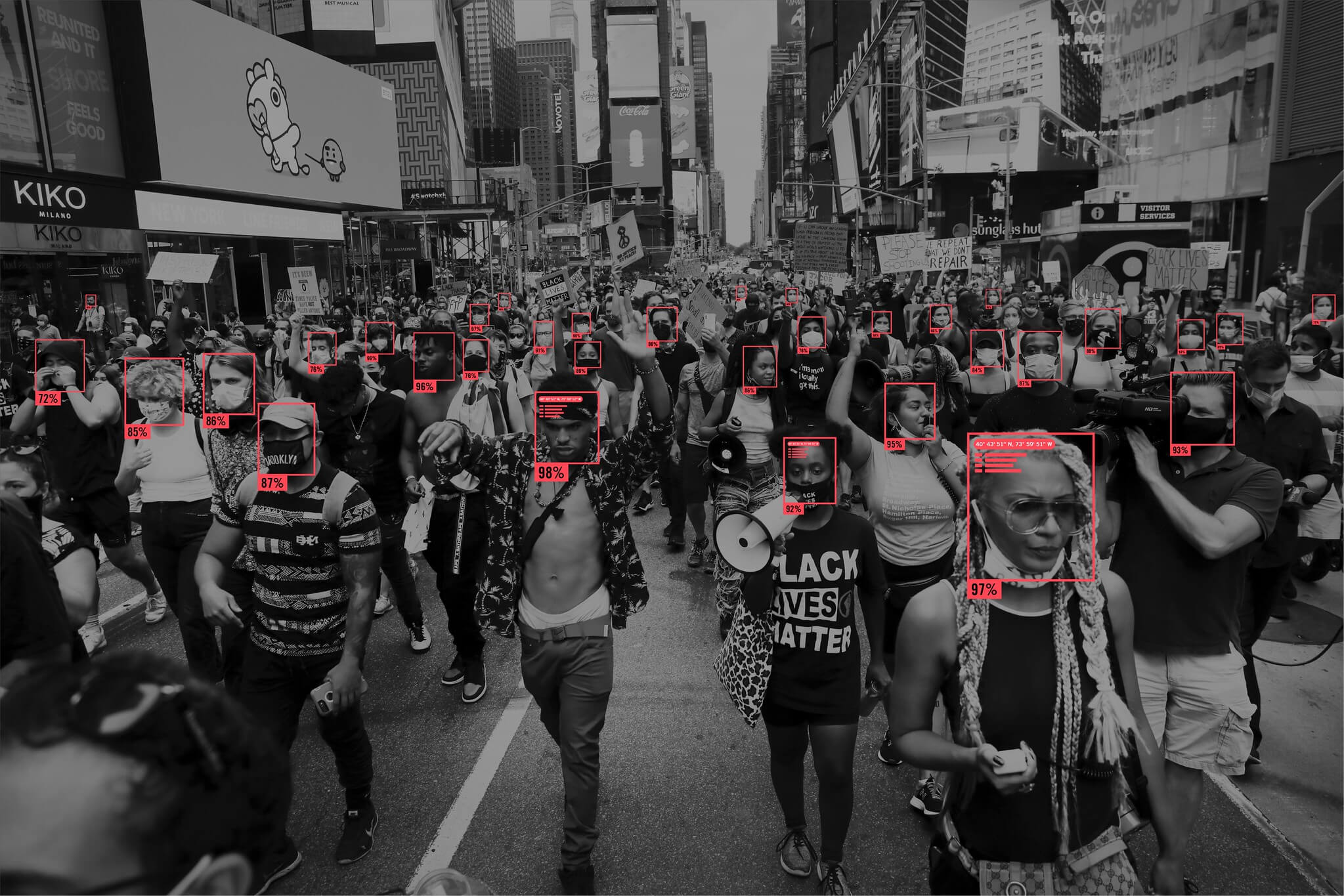ODNI Releases Assessment on Foreign Threats to the 2020 U.S. Election
On Mar. 16, the Office of the Director of National Intelligence (ODNI) released a declassified joint intelligence community assessment on foreign threats to the 2020 U.S. elections.
Published by The Lawfare Institute
in Cooperation With

On Mar. 16, the Office of the Director of National Intelligence (ODNI) released a declassified joint intelligence community assessment on foreign threats to the 2020 U.S. elections. The report contains information on specific actions taken by different foreign actors to undermine the American democratic process in order to effectuate a particular outcome in the 2020 election. These actors include nation-states such as Russia, China, Iran, Cuba and Venezuela, in addition to profit-motivated cybercriminals and Hezbollah, an Iran-backed group in Lebanon.
The report asserts that the U.S. intelligence community has found “no indications that any foreign actor attempted to alter any technical aspect of the voting process in the 2020 US election, including voter registration, casting ballots, vote tabulation, or reporting results.” It does note that some actors, “such as Iran and Russia, spread false or inflated claims about alleged compromises of voting systems to undermine public confidence in election processes and results.”
The report states that Russian President Vladimir Putin authorized influence operations “aimed at denigrating President Biden’s candidacy and the Democratic Party.” But it notes that “[u]nlike in 2016,” the 2020 election cycle “did not see persistent Russian cyber efforts to gain access to election infrastructure.”
The intelligence community report also assesses that Iran conducted a “multi-pronged covert influence campaign intended to undercut former President Trump’s reelection prospects—though without directly promoting his rivals—undermine public confidence in the electoral process and US institutions, and sow division and exacerbate societal tensions in the US.”
The document asserts that Beijing “did not deploy interference efforts and considered but did not deploy influence efforts intended to change the outcome of the US Presidential election.” (Though notably, the National Intelligence Officer for Cyber presents a minority view that Beijing “took at least some steps to undermine former President Trump’s reelection chances, primarily through social media and official public statements and media.”)
You can read the assessment here or below:




.jpeg?sfvrsn=f8ab7a0d_7)
